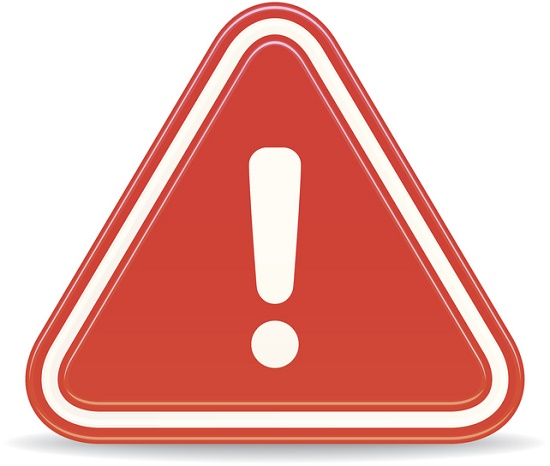
You might think hearing loss would be obvious to identify, but it’s not as easy to recognize as you may believe.
To start with, many people with hearing loss have difficulties only with specific sounds and in distinct situations. And so, if you can hear normally on some occasions, you’ll tend to pin the blame on other factors or other people for the times you do have difficulty hearing.
Second, hearing loss comes about slowly over time, so it’s challenging to recognize the slow progression. It’s simpler and easier to blame it on other people for mumbling, or to turn up the TV volume a bit higher, than to admit that you may possibly have hearing loss.
As a result, the signs can be elusive. You have to know what to watch out for, and while it’s easy to deny that you have hearing loss, you should be truthful with yourself about the warning signs.
Here are the top 10 to look out for. If you detect the presence of any, it may be time to set up a hearing test.
- You experience ringing or buzzing in the ears – this might be an indicator of permanent hearing damage. Hearing aids can not only help you to hear better, but they may additionally have the ability to eliminate the ringing in your ears.
- You can’t hear normal household sounds – hearing loss can make it difficult to hear the doorbell, the phone ringing, or another person shouting your name from another room.
- You have trouble understanding TV dialogue – speech is usually more difficult to hear than other kinds of sound. This frequently manifests itself as trouble following movie or TV show plots.
- You have your phone, TV, or radio at maximum volume – if you can hear the television, phone, or radio much better than you can hear face-to-face conversations, check the volume settings on your devices. You could have these gadgets set at excessive volumes while simultaneously believing that everyone else speaks too quietly.
- You ask people to repeat themselves regularly – you detect that you say “what?” a lot, or that you need to ask people to repeat themselves when you’re not facing them.
- You commonly misunderstand what people are saying – consonants are higher-pitched, and thus more difficult to hear, than the lower-pitched vowels. Since consonants transmit the majority of the meaning in a sentence, speech comprehension suffers.
- You have difficulty hearing all the words in a discussion – specific sounds and letters are more difficult to hear than others. Consequently, you can hear most of the words in a sentence, but that you have to more often than not try to fill in the blanks.
- You have trouble hearing when your back is to the speaker – you may be dependent on lip reading, nonverbal communication, and other tips to meaning significantly more than you think. When you’re not facing the speaker, and can’t use these hints, you may have difficulty understanding speech.
- You have difficulty hearing with a great deal of background noise – as hearing loss gets to be more serious, contending noise becomes more of a problem. You might have the capacity to hear speech in quiet environments, but it becomes increasingly difficult to follow discussions in a loud setting like a restaurant.
- People say that you shout or have the TV volume too loud – people may notice that you have the television volume too loud or that you have the predisposition to shout. It doesn’t feel this way to you because you’re compensating for your hearing loss.
Do you notice one or more of the top 10 warning signs of hearing loss? If so, book your hearing test today, and take the steps to begin living a better, more productive, and healthier life.
